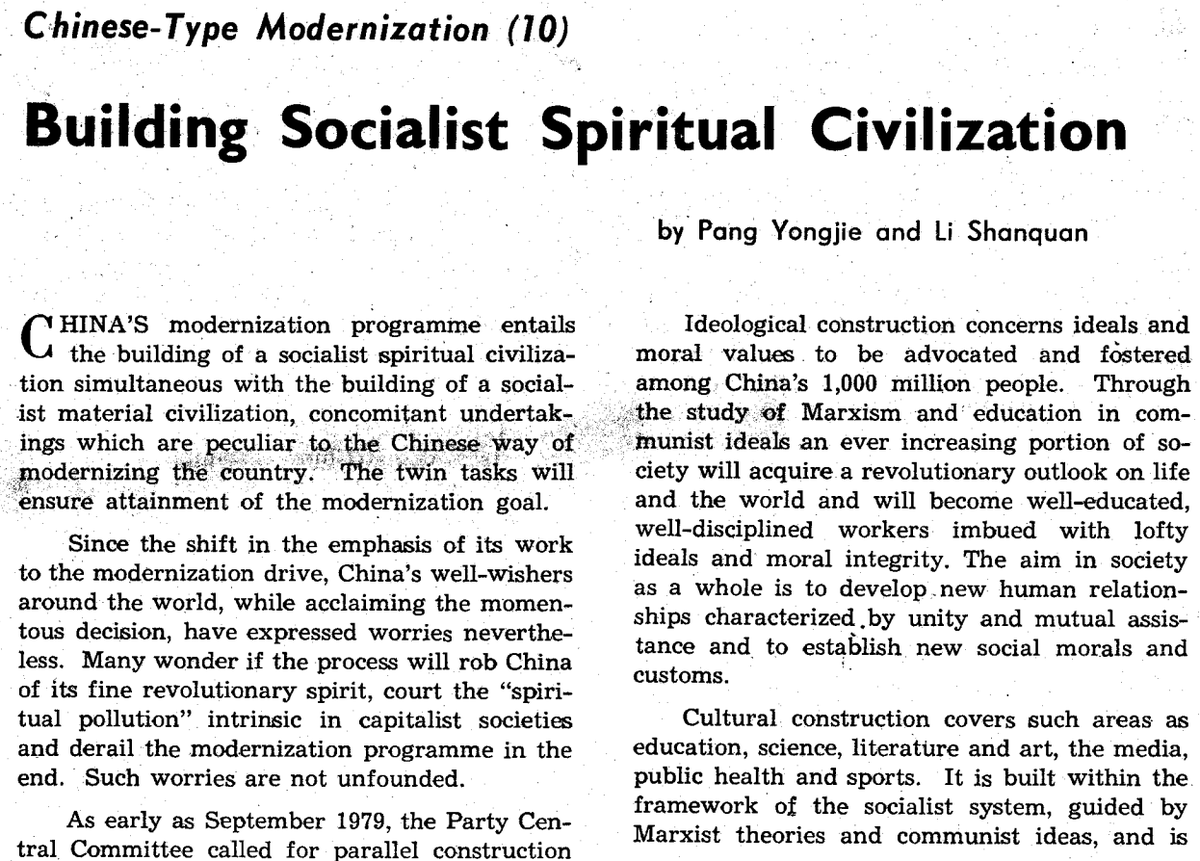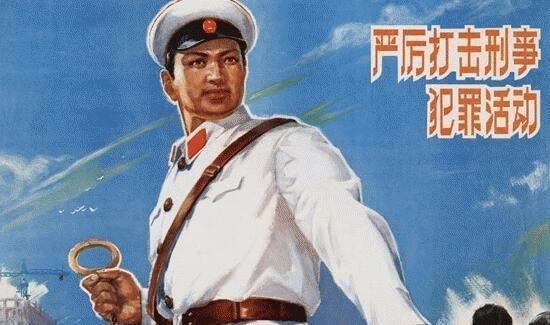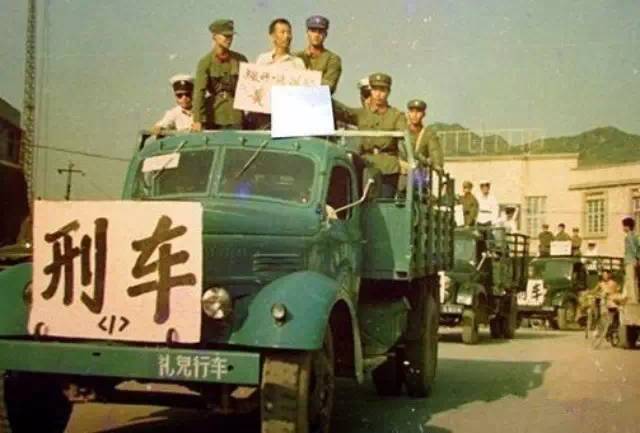
The claim is the same as was when Sinologists pored over samizdat grabbed in Hong Kong: since writing published openly in China is compromised, there is a secret fiction that must be discovered, which will confirm our suspicions of a specific type of dissident thought. 





Perry Link noted that hand-copied books circulated during the 1970s eschewed politics for "crime, corpses, lovers, sex, intrigue, and other thoroughly ordinary least common denominators of what has interested human beings everywhere and at all times."
https://twitter.com/dylanleviking/status/1299664251129196547
If your goal is learning what people in China think by reading novels, you might get as much from reading Red Crag, a certified red classic, as from The Second Handshake, an underground novel later officially published—or Ethel Voynich's The Gadfly!
https://twitter.com/dylanleviking/status/1339991867845308419
"...[M]ost readers of The Subplot will never read the bulk of the literature Walsh describes." Chinese fiction in translation has a minuscule audience. Reviews like this are part of the reason, since they reinforce the idea that some truth is unavailable or suppressed.
Exercise the psychological sovereignty to go to the library, pick a book and figure it out for yourself. You can find these things for yourself. Spend twenty minutes reading reading something like this translation of Shuang Xuetao by Kevin Wang: asymptotejournal.com/special-featur…
• • •
Missing some Tweet in this thread? You can try to
force a refresh























